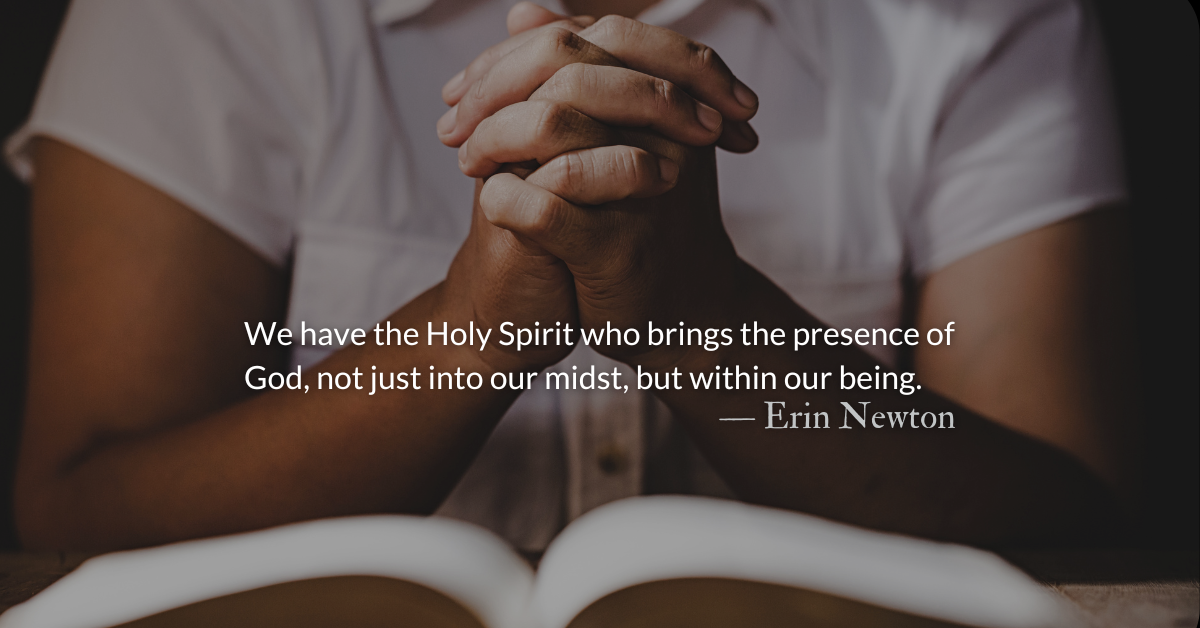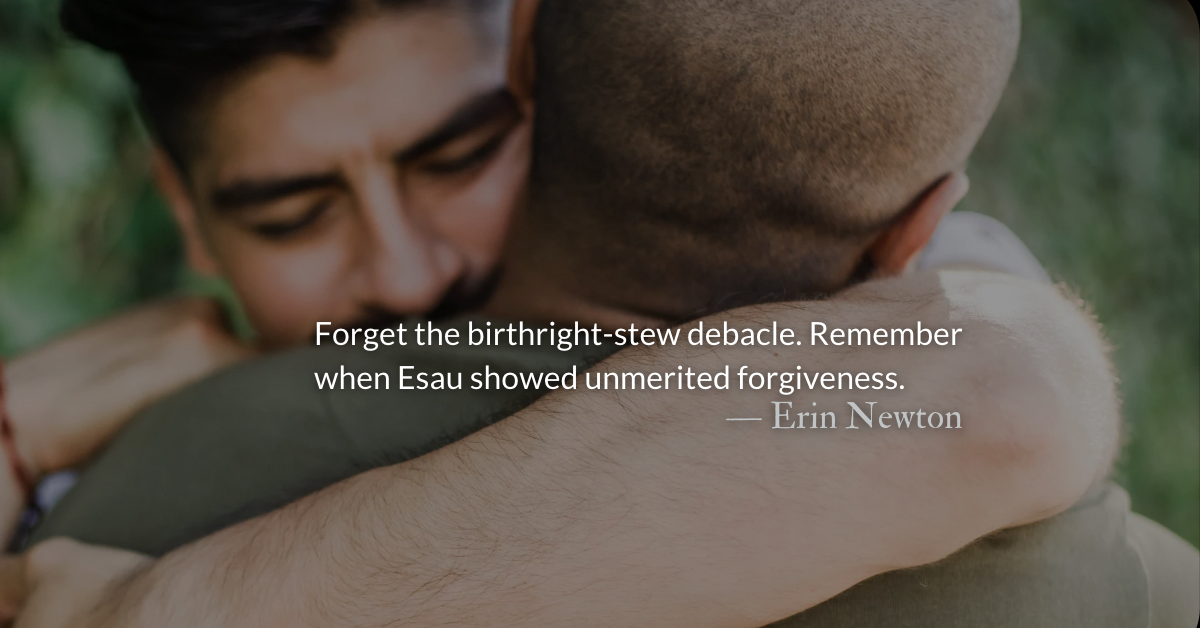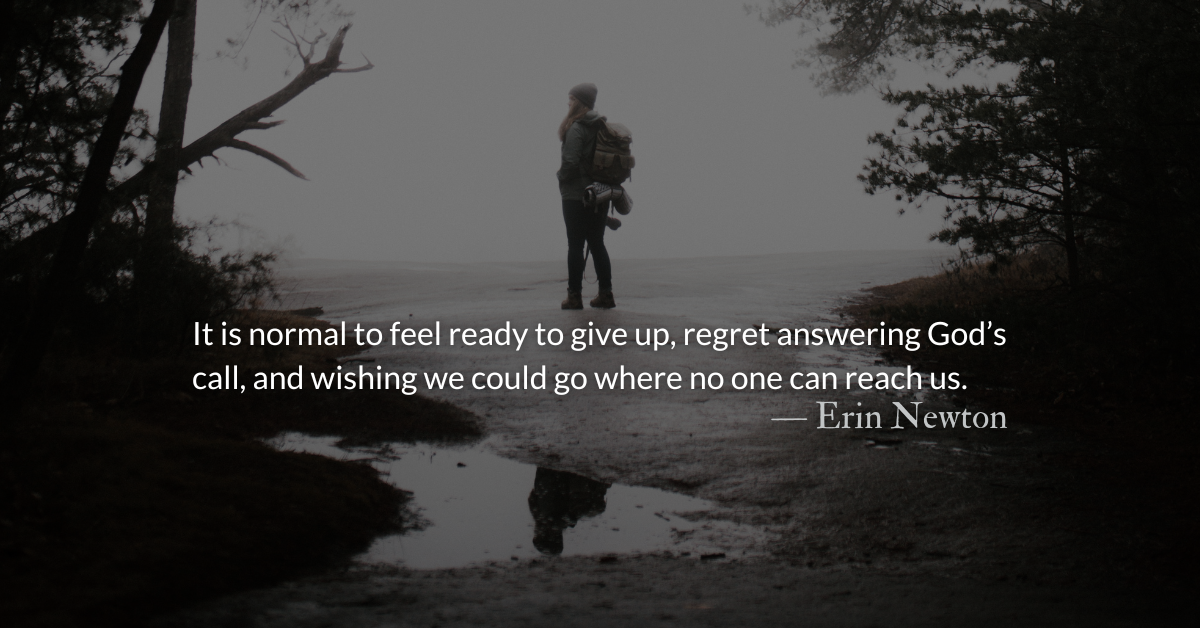Scripture Focus: 1 Kings 8:49-50
49 …then from heaven, your dwelling place, hear their prayer and their plea, and uphold their cause. 50 And forgive your people, who have sinned against you; forgive all the offenses they have committed against you, and cause their captors to show them mercy…
Originally published on October 05, 2022, based on readings from 1 Kings.
Readers’ Choice posts are selected by our readers:
Kolade, Nigeria — Thank you for sharing God’s word.
Reflection: Hear Us from Heaven — Readers’ Choice
By Erin Newton
Upon the dedication of the Temple, the presence of God fills the Holy Place like a cloud. The cloud is so magnificent that the priests move away and can no longer do their jobs. With the manifestation of God in the Temple, Solomon begins to pray for God’s grace upon the people.
The prayer of Solomon begins with the adoration of God. He praises his superiority and supremacy. Solomon marvels at the magnitude of God. But overall, the recurring message in the prayer is the plea for mercy. He stands between God and the people and falls to his knees, knowing that only by mercy can they live.
Within this 30-verse prayer, the phrase “hear from heaven” (or phrases similar) occurs 13 times. Even seeing the cloud, a visible manifestation of God’s presence, Solomon wanted to plead with God to hear him.
The design of the Temple that Solomon built had many features common to temples in the ancient Near East. There were distinct differences but nothing more distinct than the absence of images of the deity. God had already declared to Moses that they were to never make images of him. They worshiped the invisible God.
The command to follow and rely on God, forever unseen, was a huge act of faith. The people struggled with knowing that God was working when there were no outward signs. Psalm 77 echoes this sentiment, “Your path led through the sea, your way through the mighty waters, though your footprints were not seen.” Even the miraculous parting of the Red Sea is couched in the idea of hidden footprints.
Solomon prays over and over that in all sorts of situations God would be merciful and hear the pleas from heaven. Each scenario begins with a crisis, followed by a call to repentance, a plea for a listening ear, and a resolution to live righteously.
This prayer is as apt today as it was 3000 years ago. We have the Holy Spirit who brings the presence of God, not just into our midst, but within our being. But even with this constant presence, we plead with God to hear us. We need him to hear or we will be left in our crises.
One day our faith will be made sight. One day we will see our Lord face to face. For now, we pray to the invisible God and know that he is listening.
Divine Hours Prayer: The Greeting
Happy are they whom you choose and draw to your courts to dwell there! They will be satisfied by the beauty of your house, by the holiness of your temple. — Psalm 65.4
– From The Divine Hours: Prayers for Summertime by Phyllis Tickle.
Today’s Readings
1 Samuel 25 (Listen 7:12)
Revelation 5 (Listen 2:39)
This Weekend’s Readings
1 Samuel 26 (Listen 4:30) Revelation 6 (Listen 3:12)
1 Samuel 27 (Listen 1:59) Revelation 7 (Listen 2:56)
Monday’s Reading
1 Samuel 28 (Listen 4:04) Revelation 8 (Listen 2:15)
Read more about The House God Desires
When we make room for God in our hearts and lives, he will enter.
And when our lives are over, we will awake in the house of God.
Read more about Supporting Our Work
Ad-free content that brings biblical devotionals to inboxes across the world isn’t free. Please consider joining our donors and supporting our work.











